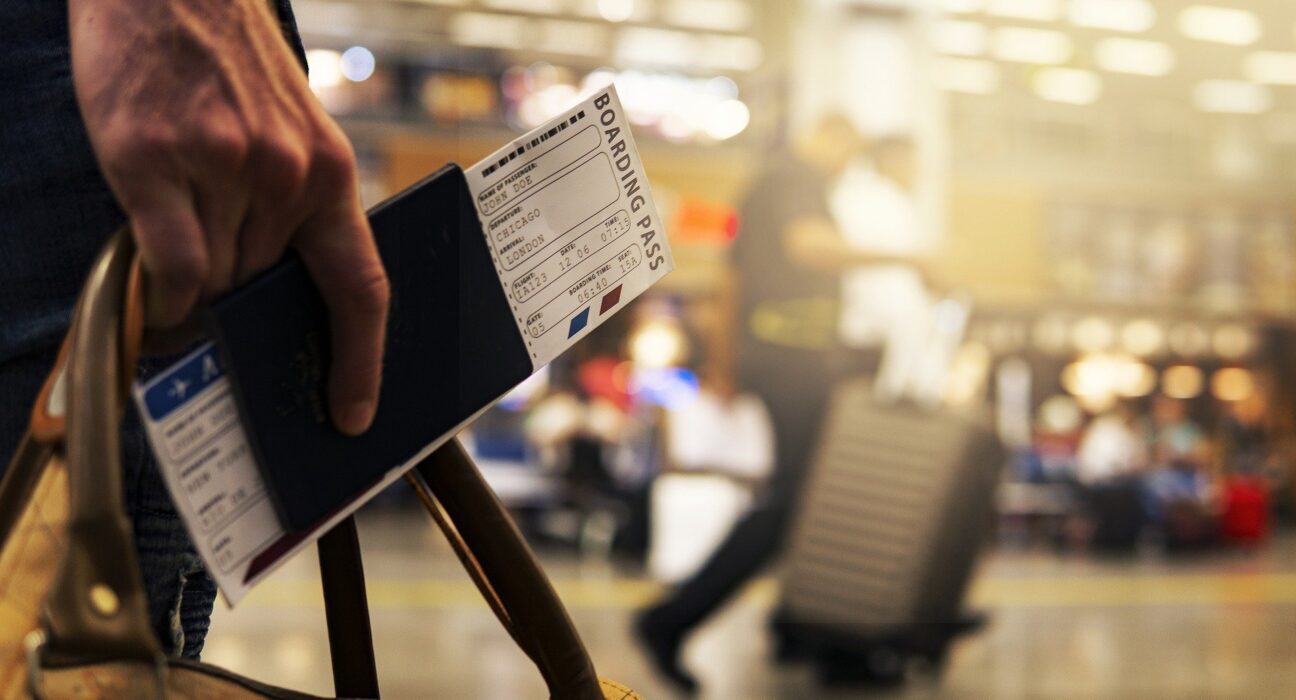The pandemic has been a very stressful experience for many, with the constant fear of getting sick yourself or your loved ones. In this article, we explore the future of travel after the pandemic.
What Future Travel Will Look Like
According to a study by the Economist Intelligence Unit, the future of travel looks very different after the pandemic. A majority of respondents believe that there will be increased demand for sustainable travel and eco-tourism. So what does this mean for travelers? One trend that is likely to continue is the growth in luxury travel. Luxury brands like Expedia and Priceline are already reaping the benefits of increased demand for high-end trips. In fact, Expedia predicts that luxury travel will grow by 20% between now and 2020. This trend is likely to continue as people try to escape the negative effects of the pandemic. Another interesting trend that is predicted is an increase in short-term trips. The Economist Intelligence Unit found that short-term trips are becoming more popular because they offer a sense of novelty and flexibility. This means that travelers can easily switch from one destination to another without feeling too much hassle or expense. Overall, the future looks promising for travelers who are looking for unique and sustainable experiences.
The Changing Face of Travel in the Future
The pandemic has caused many changes in the way people travel. Here’s a look at what the future of travel may hold. – More advanced air travel methods will be developed to keep people safe. For example, self-driving cars and drones could help reduce traffic congestion and make air travel more environmentally friendly. – The use of virtual reality may become more common for travelers to experience different parts of the world without leaving home. This could help save money on travel costs as well as provide a more immersive experience. – Hotels and resorts will likely become less popular in the future as technology develops to allow people to stay in homes or apartments while traveling. This could lead to a decrease in prices for hotels since they would no longer be needed as a mainstay of the tourism industry.
The Impact of the Pandemic on Tourism and Travelers
The Ebola pandemic has had a significant impact on tourism and travelers. While it is too soon to tell what the long-term effects will be, it seems likely that the pandemic will have a significant negative impact on travel and tourism-related businesses. According to a study by the United Nations World Tourism Organization (UNWTO), global tourism revenues decreased by 3.1% in the 12 months following the outbreak of the virus in West Africa. This decline was largely due to a decrease in international visitors, with domestic tourism remaining relatively stable. In fact, according to UNWTO, “despite some short term fluctuations, overall levels of travel are still high and are projected to grow over the medium term as normal life returns to most affected countries.” However, despite these positive long-term trends, short-term impacts of the pandemic are very real. For example, according to eMarketer, global spending on airfare is estimated to have fallen by 10% during September 2014 and October 2014 as a result of concerns about Ebola. And while this decline is beginning to dissipate, it could continue for some time as airlines focus on safety concerns related to flying in or out of Africa.
Increasing Security Measures at Airports and Ports
Patients with the flu are being checked for the virus at airports and seaports in the U.S. and Canada, and some airlines are reporting that they are checking passengers before they board flights. This is in addition to other measures that have been put in place, such as requiring health certificates from everyone who wants to go on a trip outside of the country, and increasing staffing at the airports. This increased security is necessary because of how severe the pandemic has been. According to The Associated Press, “the World Health Organization has predicted there could be as many as 205 million cases by year’s end – almost half of them fatal.” This means that even if you don’t have the flu, you should still take precautions when traveling because there’s a good chance that someone you’re with does. One of the ways that airports are trying to prevent people from bringing the pandemic into their countries is by screening passengers for symptoms before they board planes. Airlines are also using other methods to screen people, such as requesting health certificates from everyone who wants to travel outside of their countries. In addition, extra staff has been hired to help with checking passengers for the virus. There are
The Increasing Effect of Global Warming on Travel
Global warming is having a big impact on the way we travel. In the future, it is likely that more people will avoid traveling to regions that are experiencing extreme weather conditions because they know that those conditions are likely to continue. This means that travelers will have to be more selective in their choices when it comes to where they go and what they do. One of the ways global warming is affecting travel is through the increase in hurricanes and typhoons. These types of storms are becoming more common, and when they do hit, they can cause a lot of damage. This means that travelers who want to visit places like the Caribbean or Asia are going to have to be very selective about which islands or countries they choose to visit. Another impact of global warming on travel is the increasing number of wildfires. Wildfires can be extremely dangerous, and when they happen in areas that are popular tourist destinations, it can create a lot of problems for people who are visiting those areas. This means that people who plan on traveling in the near future should be especially careful about where they go and what they do.
Allowing Autonomous Planes and Scooters to Pick Up Passengers
The future of travel is looking a lot different than it did just a few years ago. With the pandemic having taken so many lives and caused so much damage, some people are beginning to think about ways that travel could be improved in the future. One such way is through the use of autonomous planes and scooters. The idea of autonomous planes and scooters picking up passengers and taking them where they need to go is not new. In fact, it has been around for quite some time now. However, the technology has only recently started to become more affordable and reliable. This is thanks in part to advances in robotics and artificial intelligence. Of course, there are still some kinks that need to be worked out. For example, there is concern that rogue robots could cause chaos on the streets. However, over time, these concerns should fade away as the technology becomes more widespread and accepted. In any case, it seems clear that autonomous planes and scooters are going to play an important role in the future of travel. Not only are they more affordable and efficient than traditional methods of transportation, but they also offer a more pleasant experience for passengers.
Ways Technology Is Making it Easier to Travel
Technology is making it easier than ever to travel, no matter where you are in the world. Airlines are implementing technology that keeps passengers up-to-date on their flight status and provides live updates on delays and cancellations. Hotels are using geolocation technology to find the best deals for nearby hotels, and online booking platforms are providing more accurate search results for hotels near specific destinations. There are also a number of apps that allow travelers to find information about local attractions and make reservations without ever having to leave their smartphones. One app, TripAdvisor, has more than 250 million reviews from travelers all over the world, so you can be sure that whatever you’re looking for will be found by someone who’s already been there. The bottom line is that technology is making it easier than ever to travel anywhere in the world, regardless of the situation. So pack your bags and get ready to explore new places – the future of travel is here!
Conclusion
The pandemic has left a mess in its wake and the future of travel is uncertain. However, there are some interesting developments that could mean we’ll be visiting more exotic destinations in the coming years. For example, airlines are starting to offer more flexible booking options which means people can book their tickets months in advance rather than just a couple of weeks. This will make it easier for those who want to take advantage of current low prices for holidays abroad. Additionally, advances in technology have made it possible to track our health on a global scale so that travellers can know if they’re at risk of contracting any diseases while travelling. So although the future of travel might seem bleak right now, there are plenty of innovative ideas out there that could see us travelling even more frequently in the future.








